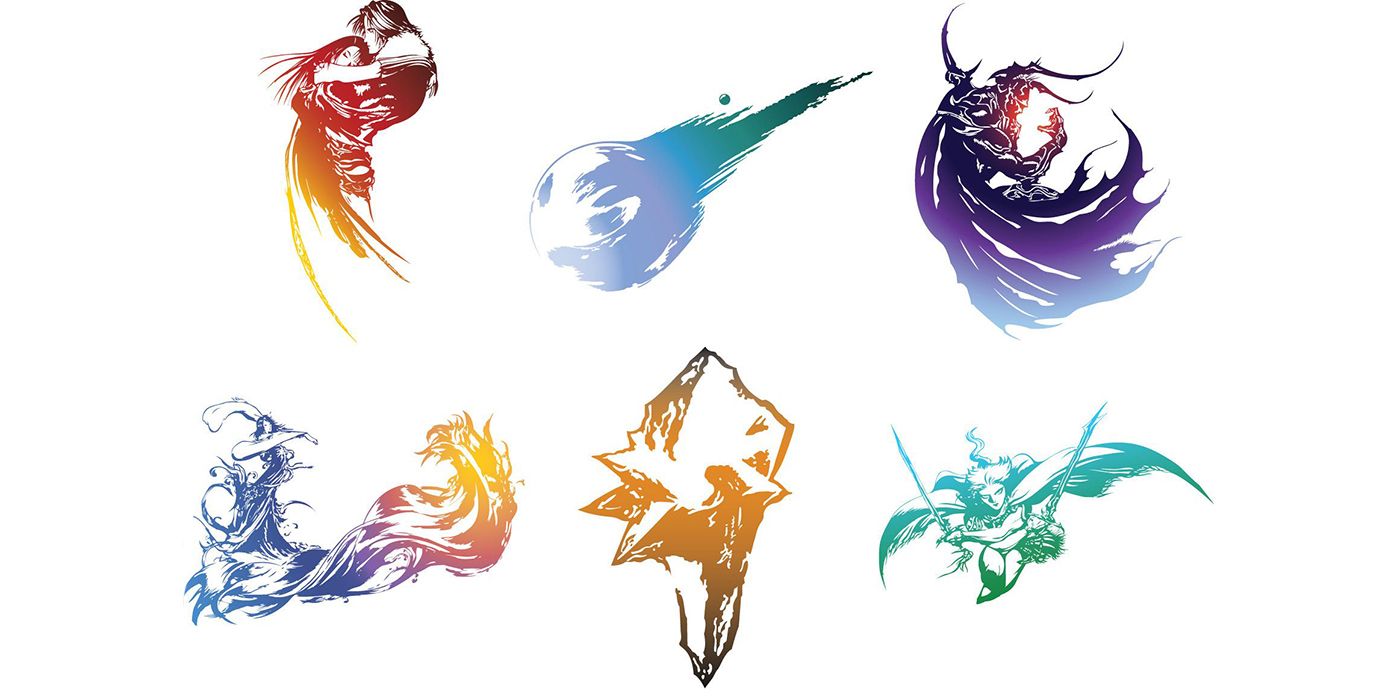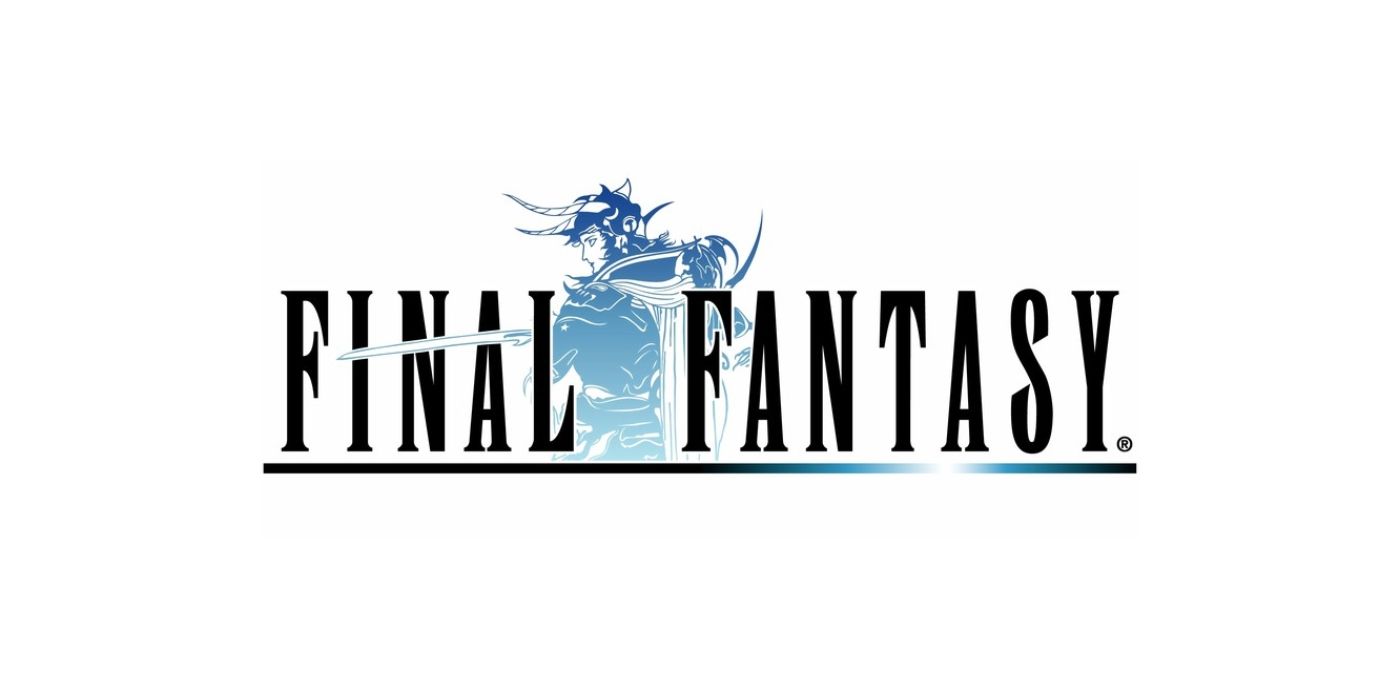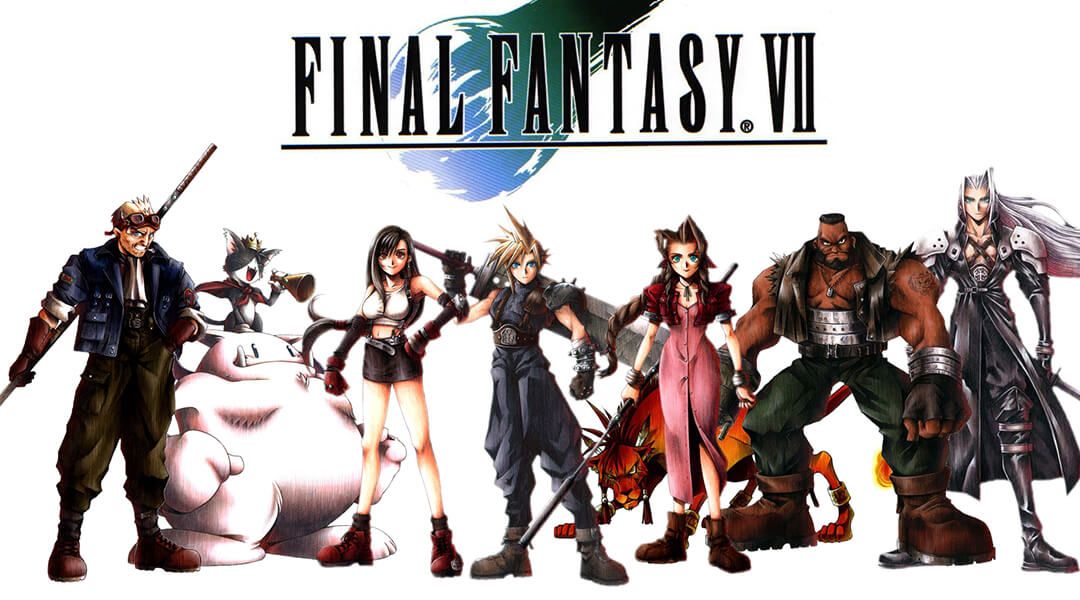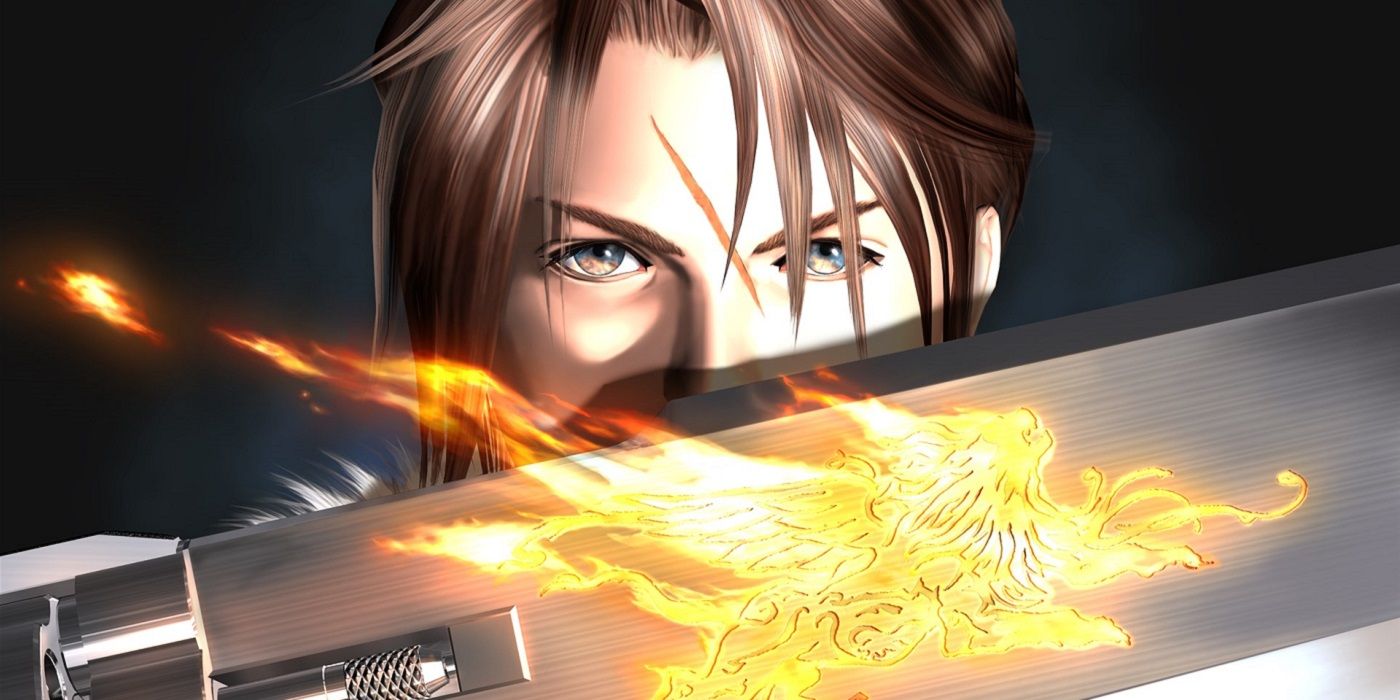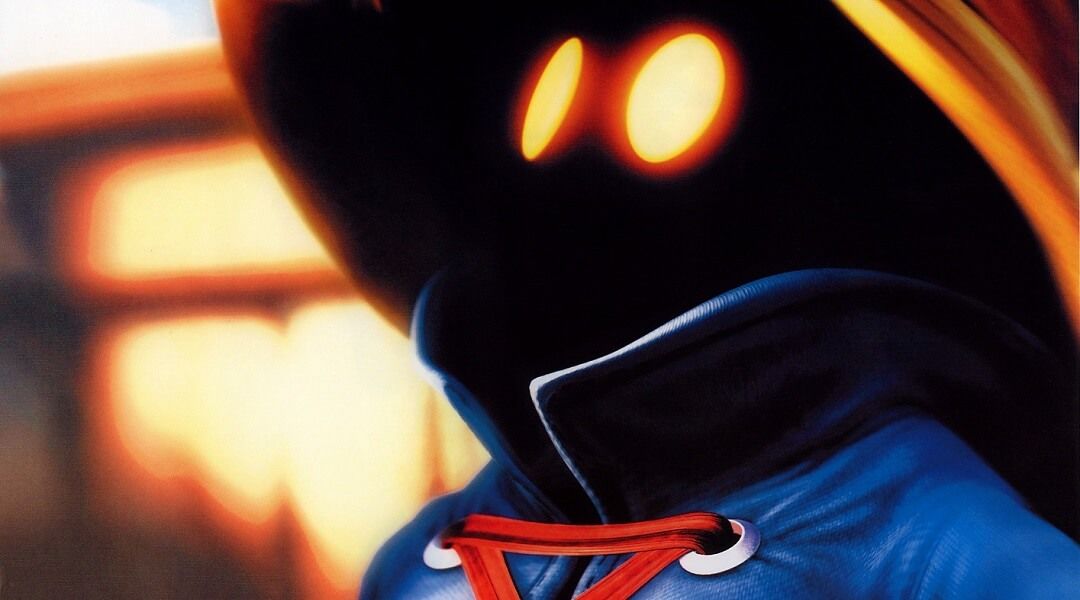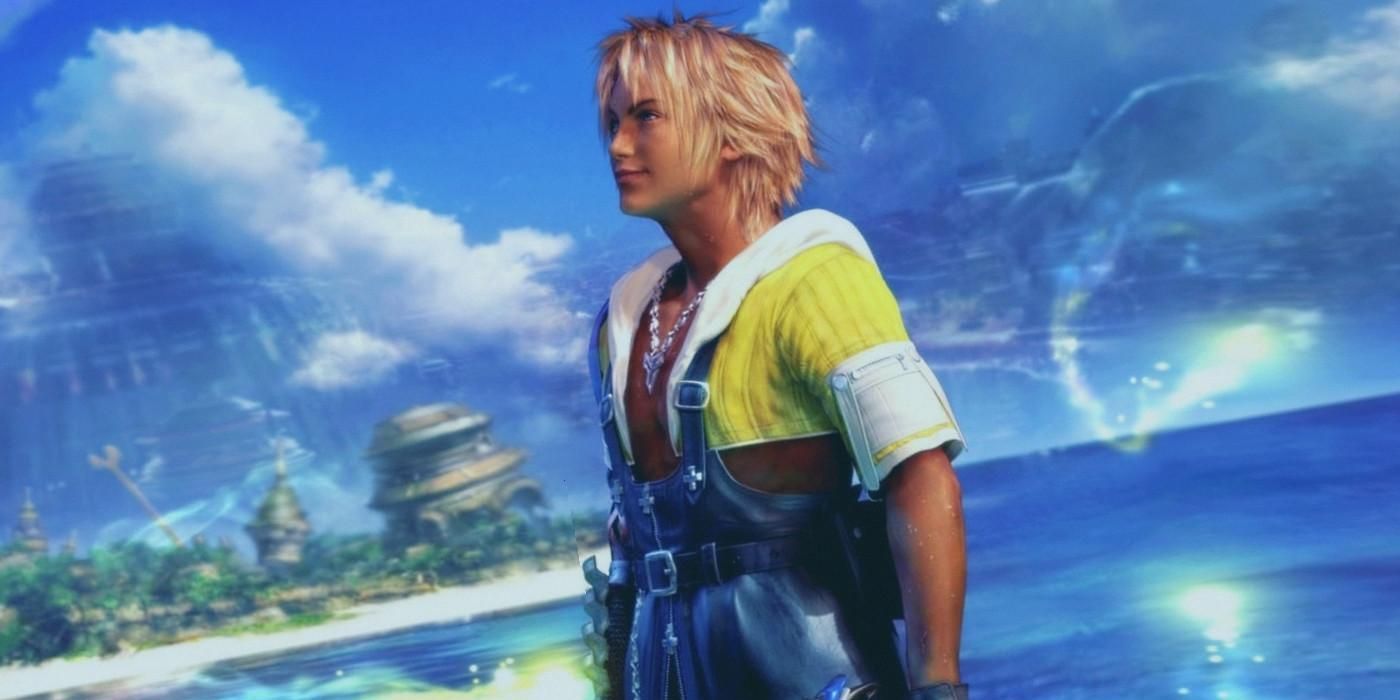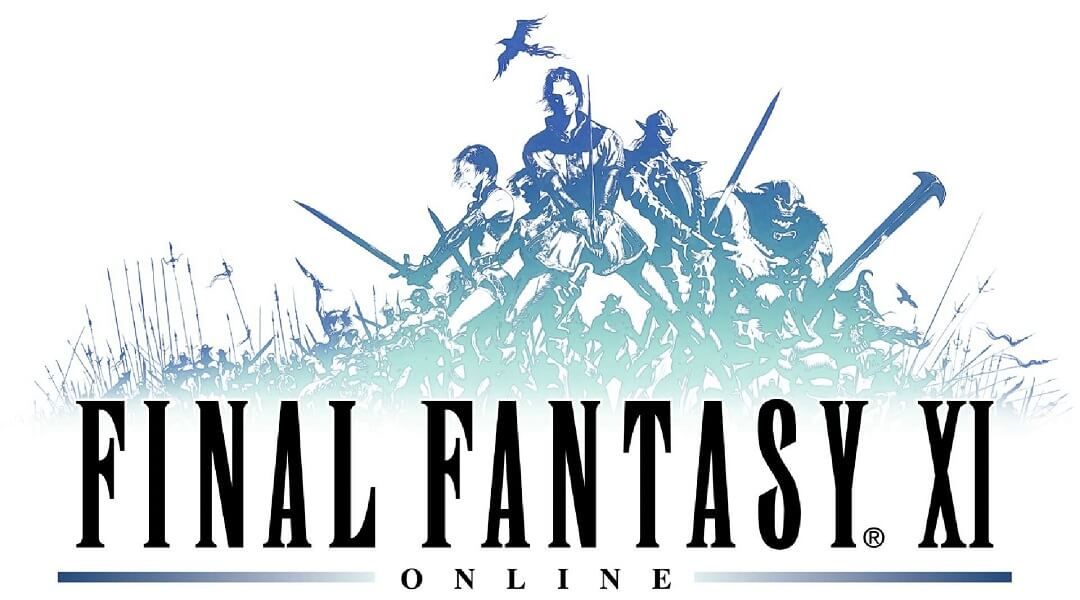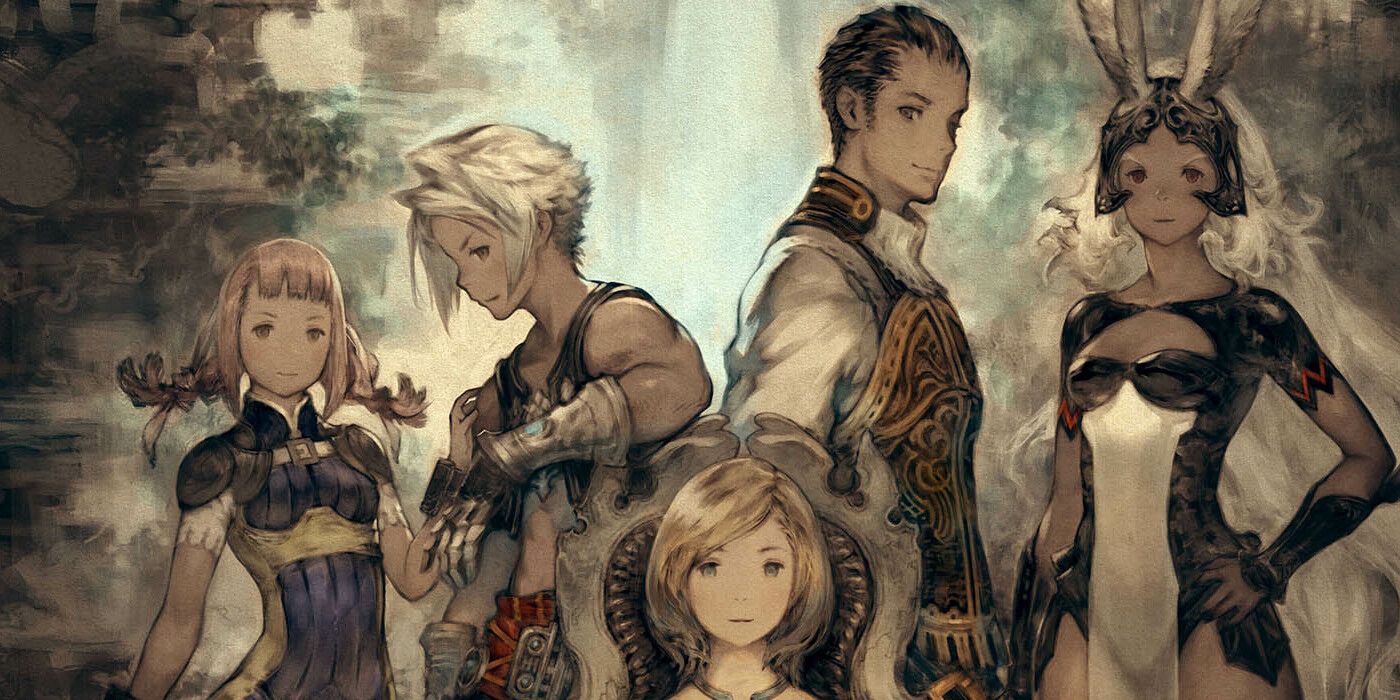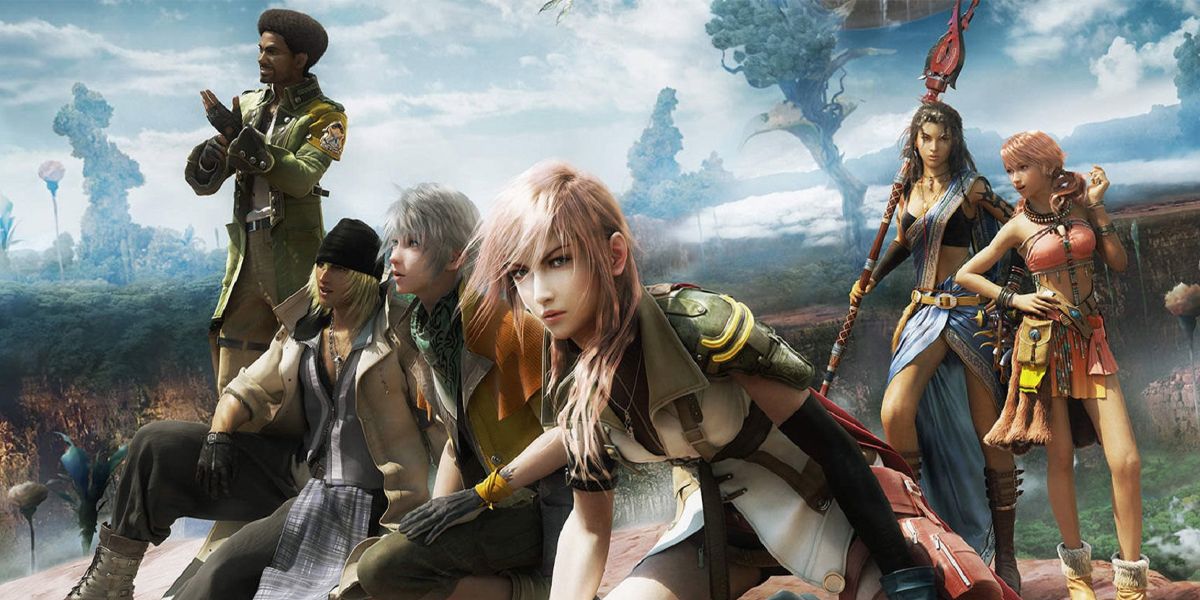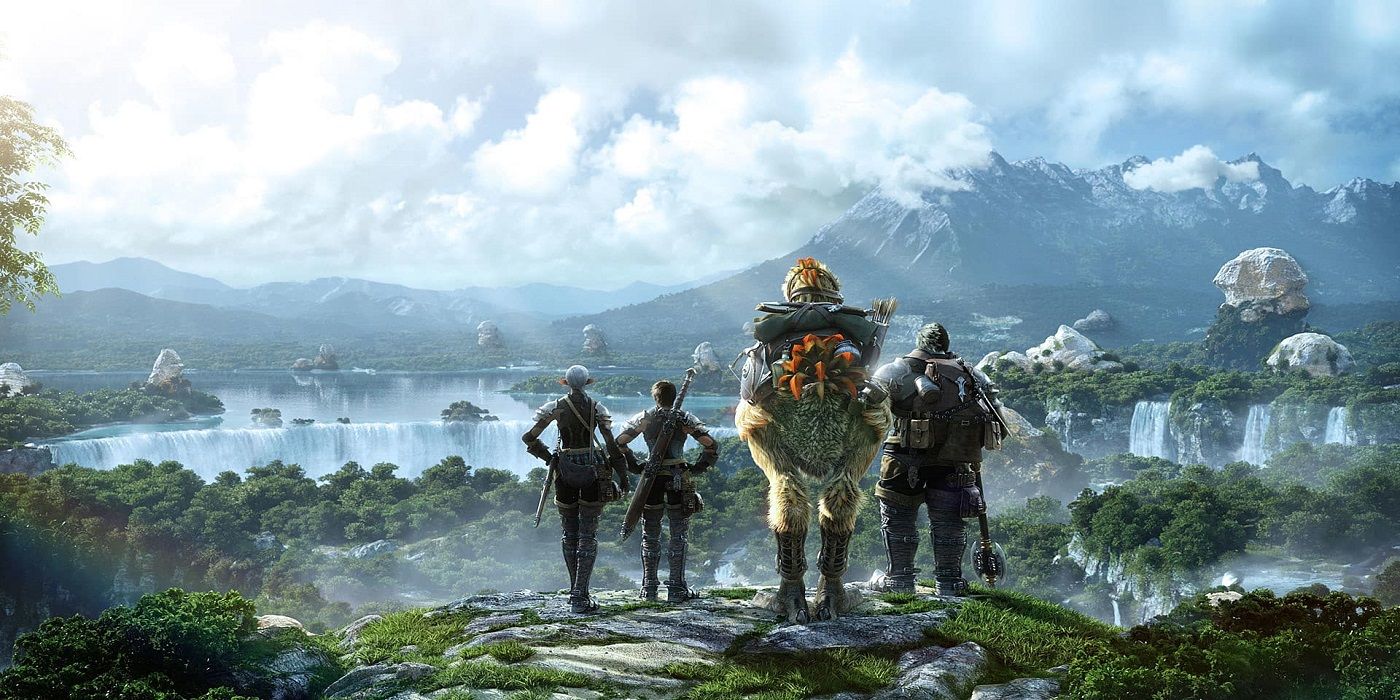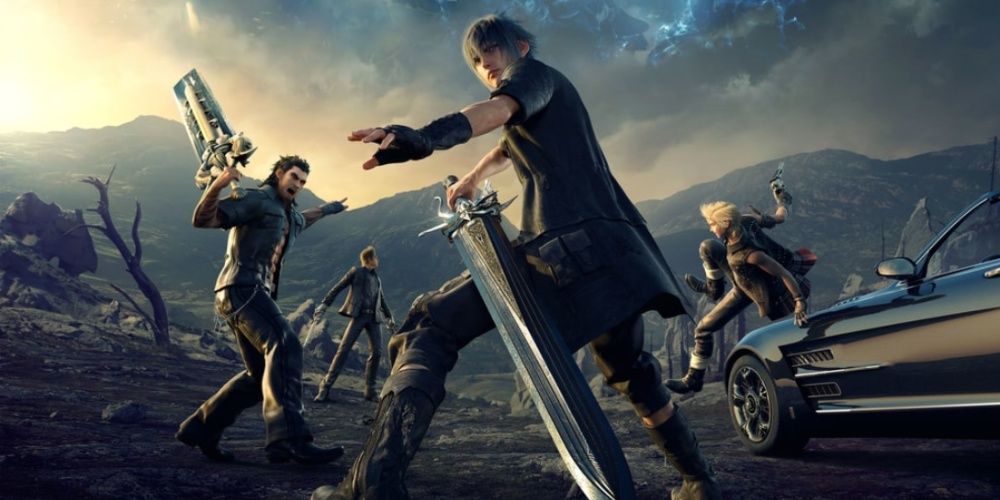The Final Fantasy franchise is a storied video game series that originated out of desperation, and his continuously persisted as one of the oldest gaming franchises still in existence today. The creator of the series, Hironobu Sakaguchi, created this series several decades ago as a final effort to be successful in the game industry. Having a successive standalone title continuously release since 1987, the series has seen evolution and revolution from each entry that's proved the series is worth it, and is here to stay.
For the most part, each entry in the series has been a standalone story featuring new characters, a new setting, all aspects of completely unique worlds that have very few expansions and even lesser sequels. What's magical about the Final Fantasy franchise is that all fans have their own respective entry point for the series, and that the variance between the most beloved game is gigantic. Because of this there isn't an official "timeline" per se, but here's the list of Final Fantasy releases in chronological order.
Final Fantasy 1-6
Where it all began. The beginning six Final Fantasy games established and iterated on the high-fantasy foundation that would serve as the basis for the whole series. Coming from humble "hero's journey" RPG beginnings and expanding into vast and complex, world-spanning adventures, these games continued to evolve and expand beyond any preconceived capabilities of the series. Standout titles are Final Fantasy 4 and Final Fantasy 6, which to many fans are largely considered the best entries in the franchise when it comes to the series' core. Final Fantasy 4 generally represents the spirit of the series in its purest form, whereas many point to Final Fantasy 6 as the most innovative and ambitious title to the series. Final Fantasy 1-3 released on the NES in 1987, 1988, and 1990 respectively. Final Fantasy 4-6 released on SNES in 1991, 1992, and 1994 respectively.
Final Fantasy 7, Compilation of FF7
Final Fantasy 7, and all of its subsidiaries, contributed to the series' soaring to mainstream acclaim across the world. The original Final Fantasy 7, released on the first PlayStation in 1997, propelled the franchise into stardom all across the world for a variety of reasons. This game became the first of many games in the franchise to become a phenomenon, thanks to (at the time) the world's largest marketing budget for a game ever. The game itself revolutionized the series far beyond its high-fantasy origins, becoming a steampunk, futuristic story partially grounded in reality. Many of the core aspects like magic, equipment, experience, and combat were completely changed in favor of unique systems. It was also the first Final Fantasy game to utilize 3D rendering of characters and environments along with CG (FMV) cutscenes. Many fans still consider the seventh entry as the greatest game of all time, which is largely why it's received the similarly critically acclaimed Final Fantasy 7 Remake this year as well.
Since the original's release, the game has also seen several spinoffs and even a motion picture sequel based in Final Fantasy 7's universe. Known altogether as the Compilation of Final Fantasy 7, there were several prequels/sequels/spinoffs set in the original game's universe. Even though these side projects didn't exactly receive universal praise like its source material, it does speak to the longevity and impact Final Fantasy 7 had on the generation of fans who adored the original game.
Final Fantasy 8
Another PlayStation entry following up on the massive success of the seventh entry, Final Fantasy 8 had a lot of expectations to live up to. Similarly evolving the franchise from its roots, Final Fantasy 8 was a grounded and futuristic RPG that incorporated comparatively more high-fantasy aspects like sorceresses and some of the original magic elements from past Final Fantasy games. Over time the game has become a more divisive title in the franchise simply because of its frequently obtuse RPG systems that were a far cry from the franchises mainstay concepts. Though it's important to note the game was still critically acclaimed and moderately successful in comparison to its predecessor, despite the game quickly becoming a niche title in the franchise.
Final Fantasy 9
Final Fantasy 9 finds itself in a similar scenario, but for a completely different reason. The ninth Final Fantasy game, also released on PlayStation in 2000, was a return to roots for the franchise. The game completely eschewed the grounded/futuristic themes and was designed as a love letter to the classic six Final Fantasy games that came before the series largely went mainstream. Final Fantasy 9 is a wonderful Shakespearean/Medieval RPG that hints at and references many aspects of the original 5 Final Fantasy games. Despite paling in comparison to the sales numbers of Final Fantasy 7 and 8 worldwide, the game still saw great success and is still beloved by fans of the series. To this day, Final Fantasy 9 still maintains the highest metacritic score of the whole series at 94.
Final Fantasy 10, 10-2
One of the first of the mainline games to receive a direct sequel, Final Fantasy 10 also reaches the top echelon of games in the series. Final Fantasy 10 began the modernization of the series today, making the gigantic graphical leap to PlayStation 2 in 2001. The tenth entry marked the first Final Fantasy game to be designed entirely in 3D environments with a fully voice-acted cast. Final Fantasy 10 at its core was designed similarly to Final Fantasy 7-8, but features a much more spiritual story in comparison to its predecessors. Considering the main enemy of the game is literally called "Sin," the tenth entry's main themes are more-closely related to Asian religious and cultural influences. It was a distinctly different experience in many ways to previous games, which were largely inspired by western/European influences. Final Fantasy 10 was also the first game in the series to receive a direct sequel in Final Fantasy 10-2, which to put it simply, was vastly different in comparison to any other Final Fantasy game before it.
Final Fantasy 11
The eleventh Final Fantasy game was also different in terms of the type of game it was: an MMORPG. Moving away from the traditionally singleplayer games in the franchise's past, Final Fantasy 11 marked the first game to take on a completely new sub-genre for the series. Despite Phantasy Star Online being the first MMORPG on a gaming console, Final Fantasy 11 still hugely impactful for console gaming. It was the first MMORPG on console to not utilize an open-world design, but was also the first to implement crossplay between PlayStation 2 and PC in 2002. The game was one of the longest running console MMOs in existence, and was also one of the last holdouts to shut down on the PlayStation 2's online service. Though the game received its final official expansion/scenario in 2015, the game is still fully playable on PC today.
Final Fantasy 12, Revenant Wings
As the last Final Fantasy game to be released on the PlayStation 2 in 2006, Final Fantasy 12 was yet another entry in the series that pushed the boundaries of what a Final Fantasy game could be. Gameplay featured several innovations like the "Gambit" and "License Board" job system, no more random encounter battles, the first singleplayer open-world in the series, and including elements like a bestiary and monster hunting to do out in the world. Final Fantasy 12 made a definitive return to the medieval-inspired adventures of its predecessors, in a story rife with political intrigue and warring empires. The game also had a sequel, Final Fantasy 13: Revenant Wings, which was a real-time strategy game released on Nintendo DS in 2007.
Final Fantasy 13, 13-2, Lightning Returns
Returning to the land of divisive is the sub-series of Final Fantasy 13, Final Fantasy 13-2, and Lightning Returns: Final Fantasy 13. These three games were all part of the Fabula Nova Crystallis collection of Final Fantasy titles, meaning they're all part of the same universe. The thirteenth Final Fantasy game dove headfirst into a fully science-fiction backdrop full of complex and intricate themes of fate and destiny. Both 13-2 and Lightning Returns were direct sequels of Final Fantasy 13, with plenty of time travel shenanigans splitting many of the characters apart between entries. Gameplay shifts greatly between these entries, starting from action-oriented turn-based combat to fast paced combat akin to action games like Devil May Cry. This collection also marks the first time where the franchise has officially crafted a shared universe between several entries in the series.
Final Fantasy 14, A Realm Reborn
Marking the return to the MMORPG, Final Fantasy 14 has experienced a tumultuous but positive reformation over the years. The initial 2010 release for PC was largely panned by both critics and fans alike, with complaints focusing on a horrible user interface, graphical performance issues, and unfair/grindy limitations being imposed on players. Square Enix eventually took the game offline, and re-tooled development under completely new management. The fruits of the new development team's labor was Final Fantasy 14: A Realm Reborn, which has quickly become one of the most popular MMORPGs ever made. Released in 2013 for PC and PS3, the game's overhaul received great positive acclaim from critics and players, new and returning. Very quickly did Final Fantasy 14 become one of the greatest video game comeback stories of all time.
Final Fantasy 15
The fifteenth Final Fantasy game is a very different beast in comparison, as it was a game that struggled with a long-running and well-documented identity crisis during development. Initially being developed as part of the Fabula Nova Crystallis, the game was first revealed as Final Fantasy Versus 13. In its early stages, the game was meant to be a spin-off title that was much darker in tone, and that gameplay-wise it would function like combat in the Kingdom Hearts games. Eventually development was shifted for the game to become a mainline Final Fantasy game instead. This was the first Final Fantasy game to feature a combat system designed around reactionary, real-time action instead of turn-based strategic gameplay. The game was generally positive for fans and critics, but marked a flawed but ambitious departure for the series.

